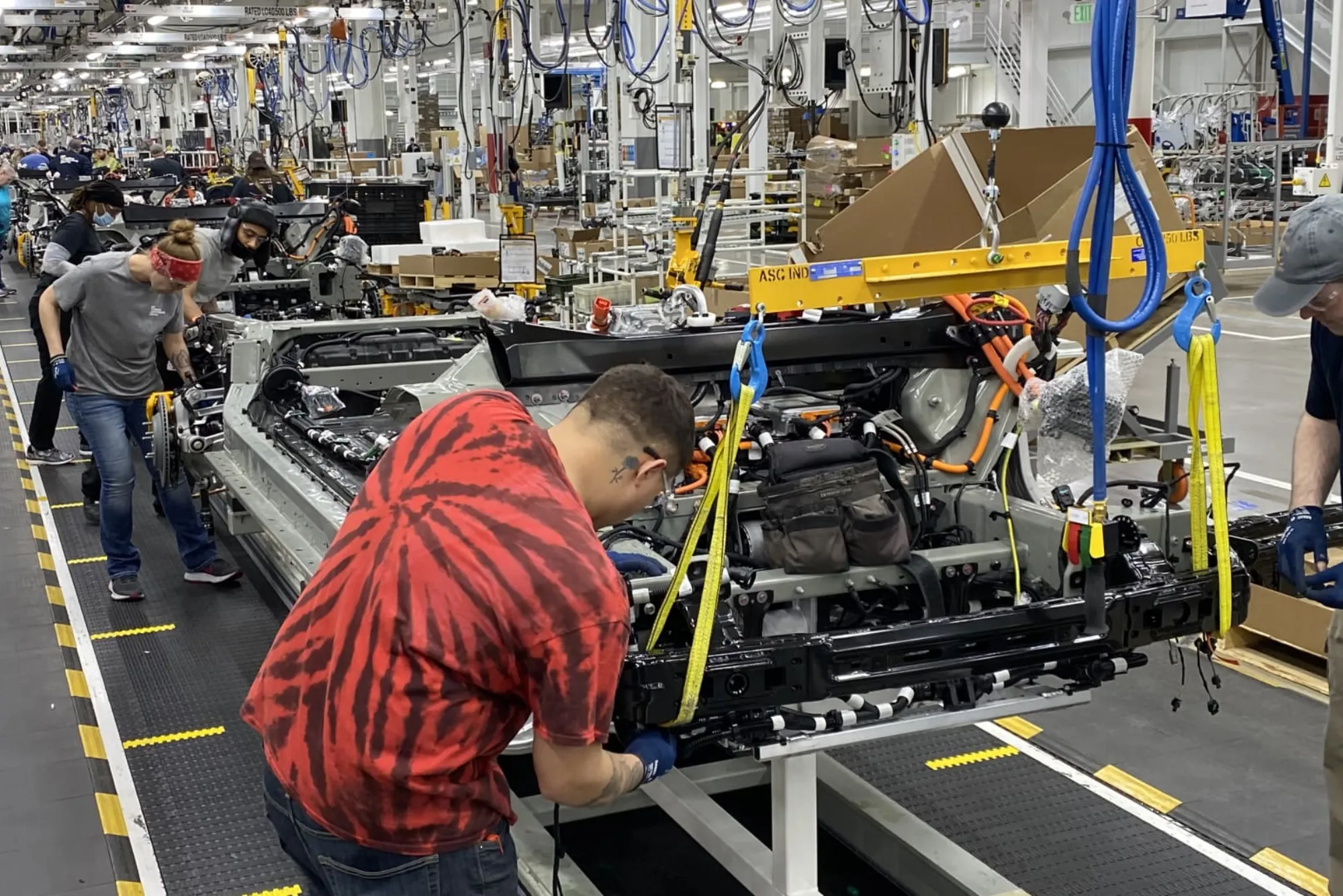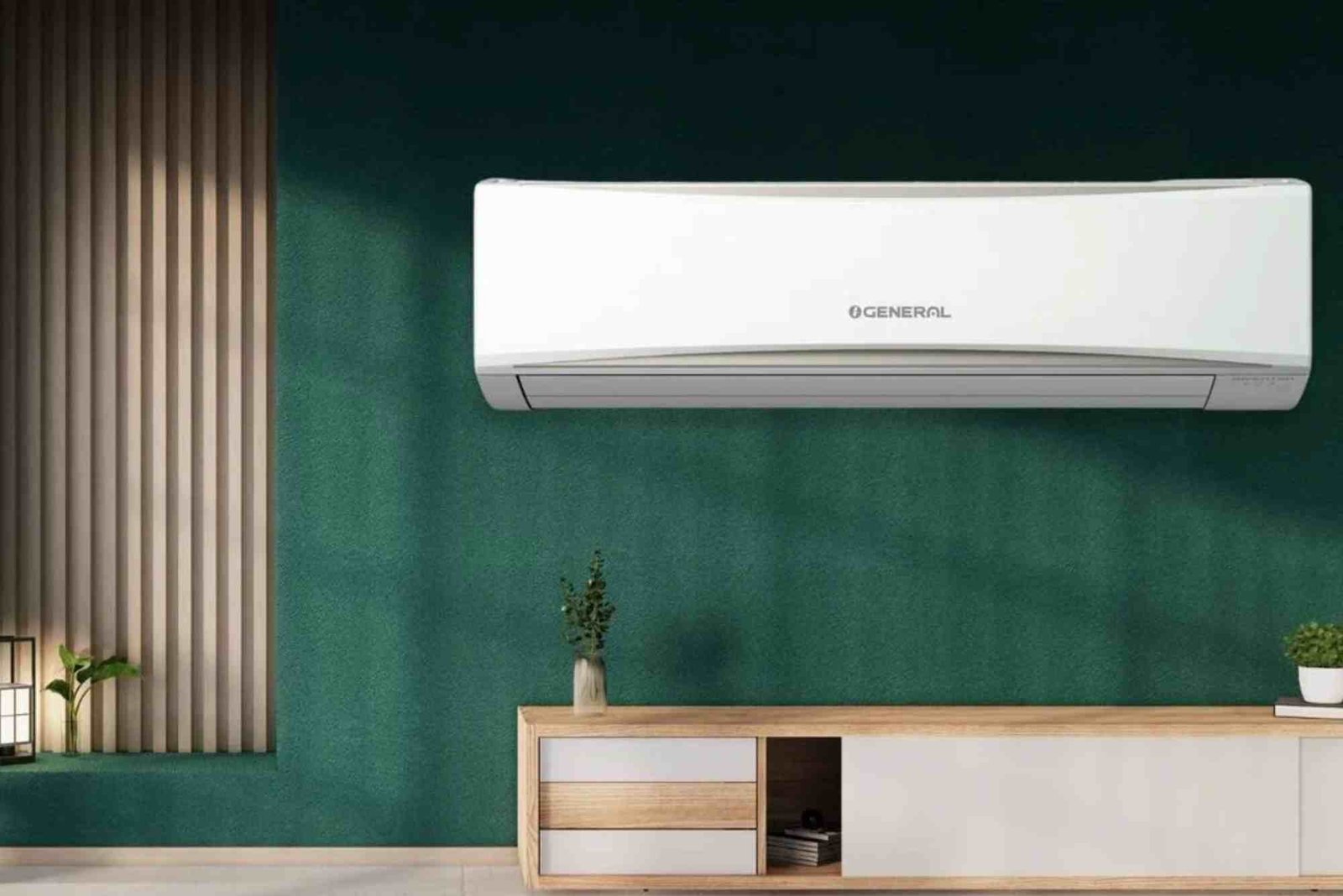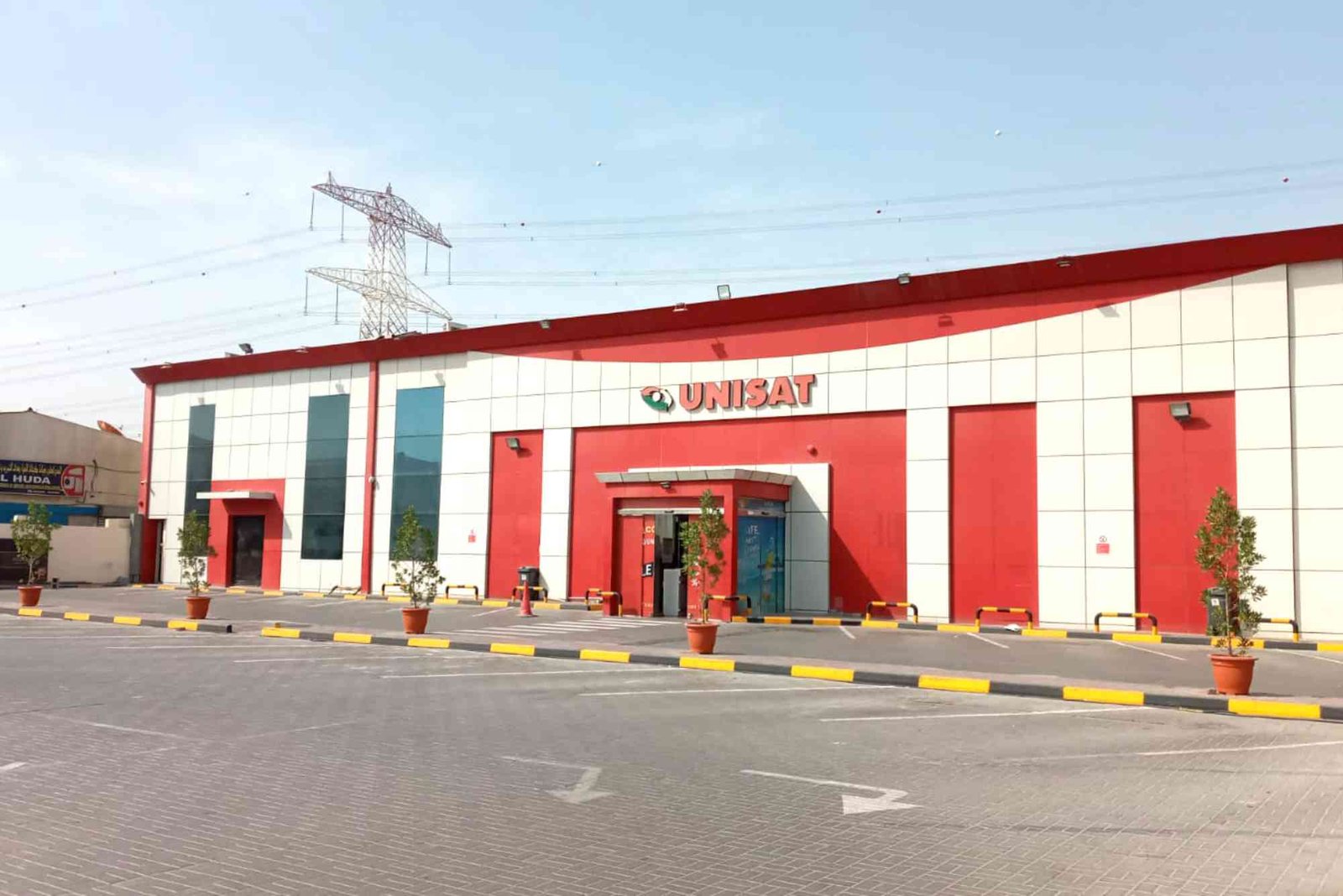Rivian, an innovative electric vehicle manufacturer, has been at the forefront of the electric revolution in the automotive industry. One of the critical aspects of Rivian’s success is the ability to scale its production lines to meet the increasing demand for electric vehicles. A crucial component of this scaling process involves manufacturing high-quality car parts Rivian needs to ensure their vehicles’ performance and reliability. As Rivian continues to grow, understanding the process of scaling production lines for car parts becomes essential for the brand’s future success.
Challenges in Scaling Production Lines for Car Parts Rivian
Scaling production lines in an automotive factory is a complex and intricate task. Rivian has had to overcome various challenges to meet its ambitious production goals. These challenges include supply chain management, technological integration, workforce training, and ensuring consistent product quality.
- Supply Chain Optimization: Efficient supply chain management is critical when scaling production lines. For Rivian, sourcing high-quality materials, such as lightweight metals, advanced battery components, and durable plastics for car parts Rivian uses, has been a vital part of the process.
- Technological Integration: Integrating cutting-edge technologies in manufacturing systems, including automation, artificial intelligence, and machine learning, has helped Rivian optimize production efficiency.
- Workforce Training: A highly skilled workforce is necessary to ensure the seamless operation of production lines. Rivian invests in training programs that equip workers with the skills needed to handle sophisticated production equipment.
- Maintaining Consistency: Maintaining product quality while scaling up production can be difficult. Rivian uses rigorous testing procedures to ensure that each car part meets its high standards.
Technological Innovations in Rivian’s Production Line
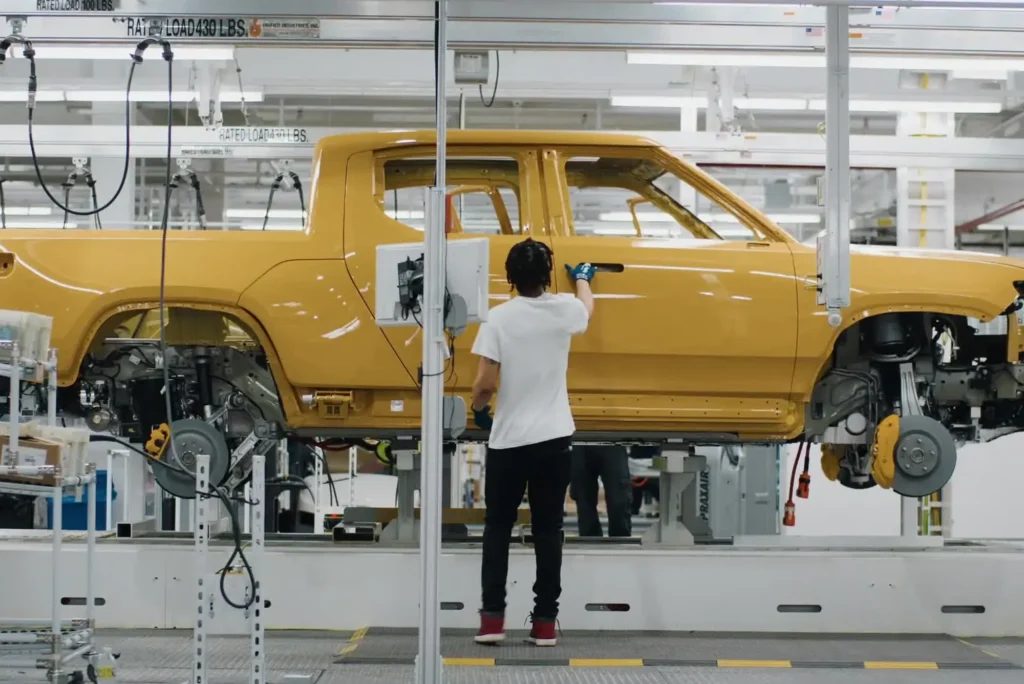
One of the key factors enabling Rivian to scale its production lines is the use of advanced manufacturing technologies. These technologies improve efficiency, reduce costs, and increase the overall quality of car parts Rivian produces.
- Automation in Manufacturing: Rivian has embraced automation to streamline its production processes. Robotic arms, conveyor systems, and automated quality checks are integrated into the production lines to ensure precision and speed.
- Additive Manufacturing: 3D printing technology is used to create prototypes and parts with complex geometries that are difficult to produce using traditional manufacturing methods.
- Artificial Intelligence and Machine Learning: These technologies help Rivian predict demand, optimize production schedules, and improve inventory management. AI algorithms can also detect defects in car parts early in the production process, reducing the number of faulty parts.
- Sustainable Practices: Rivian prioritizes sustainability in its manufacturing processes. From using eco-friendly materials to reducing waste and energy consumption, the company is committed to minimizing its environmental impact.
How Rivian Scales Car Parts Production Without Compromising Quality
Rivian’s ability to scale production lines effectively hinges on maintaining high standards for the car parts Rivian manufactures. Ensuring quality while increasing output requires a strategic approach.
- Rigorous Testing Procedures: Rivian’s production process involves extensive quality control checks. Car parts are subjected to various tests, including durability tests, stress tests, and temperature simulations, to ensure they meet the required standards.
- Quality Assurance Teams: Rivian employs specialized teams to oversee the quality assurance process at each stage of production. These teams conduct inspections and implement corrective actions if any defects are detected.
- Supplier Partnerships: Rivian works closely with its suppliers to ensure that the car parts provided meet its stringent quality standards. Suppliers are regularly audited to ensure their products align with Rivian’s expectations.
Scaling Up in Response to Rising Demand
Rivian has faced increasing demand for its electric vehicles, driven by consumer interest in sustainable alternatives to traditional gasoline-powered cars. Scaling production lines to meet this demand has required significant investment in infrastructure and resources.
- Expanding Manufacturing Facilities: Rivian has invested in new manufacturing plants, such as the one in Normal, Illinois, which has a massive capacity to produce thousands of vehicles annually. The company is also looking to expand its presence globally, ensuring that it can meet rising demand in other regions.
- Collaborations with Industry Leaders: Rivian has formed partnerships with various automotive suppliers and tech companies to ensure the efficient scaling of production lines. These collaborations provide access to advanced technologies and expertise that are crucial for scaling.
- Logistical Efficiency: With the increase in production, managing logistics becomes more complicated. Rivian employs sophisticated logistics management systems to coordinate the movement of raw materials and finished products to meet production schedules efficiently.
Key Benefits of Scaling Rivian’s Production Lines
Scaling production lines for Rivian’s car parts brings several benefits that contribute to the company’s long-term success.
- Increased Vehicle Production: With scalable production lines, Rivian can increase the number of electric vehicles it produces, thus meeting market demand and boosting sales.
- Lower Manufacturing Costs: Economies of scale allow Rivian to reduce the cost per unit of production. As production lines become more efficient, the overall cost of manufacturing decreases, improving profitability.
- Higher Quality Standards: As Rivian refines its production process, it can maintain and even enhance the quality of its vehicles, ensuring customer satisfaction and brand loyalty.
- Improved Sustainability: Efficient production processes not only reduce costs but also help Rivian minimize waste and energy consumption, aligning with its commitment to environmental sustainability.
Future Outlook for Rivian’s Production Lines
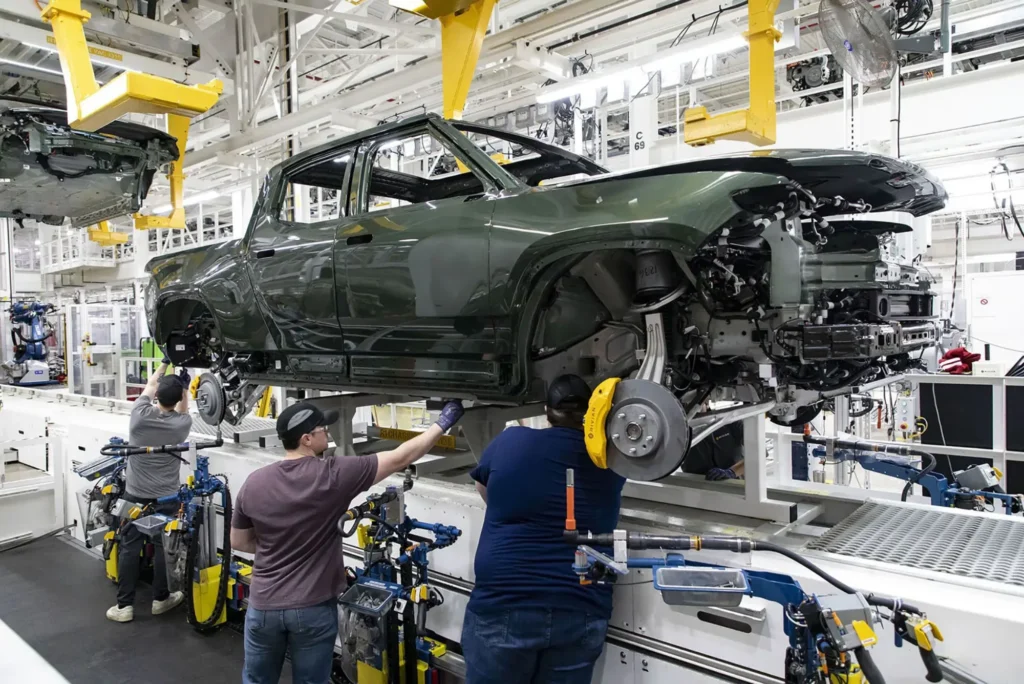
Looking ahead, Rivian is focused on scaling its production lines even further to meet the growing demand for electric vehicles. The company is investing in automation, sustainable practices, and new technologies to enhance production capacity. By continuing to innovate and improve efficiency, Rivian aims to maintain its position as a leader in the electric vehicle market.
- Expansion into New Markets: As Rivian prepares to expand into new international markets, it is exploring opportunities to scale production lines in different regions, reducing shipping costs and improving supply chain efficiency.
- Continuous Innovation: Rivian’s commitment to innovation will continue to drive improvements in production efficiency and product quality. By staying ahead of industry trends, Rivian will maintain a competitive edge.
Table: Rivian’s Key Technologies in Production Scaling
| Technology | Benefit |
|---|---|
| Automation | Increased precision and speed in manufacturing |
| 3D Printing (Additive Manufacturing) | Reduced waste and prototyping of complex parts |
| AI & Machine Learning | Improved production scheduling and defect detection |
| Sustainable Manufacturing | Reduced environmental impact and resource usage |
FAQs:
1. What are the key challenges Rivian faces in scaling production lines?
Rivian faces challenges related to supply chain management, workforce training, and maintaining product quality while scaling production to meet increasing demand.
2. How does Rivian ensure the quality of car parts during mass production?
Rivian ensures high-quality production through rigorous testing procedures, quality assurance teams, and close partnerships with suppliers.
3. What technologies are being used to scale Rivian’s production lines?
Rivian uses automation, 3D printing, artificial intelligence, and sustainable manufacturing practices to scale its production lines efficiently.
4. How is Rivian expanding its production capabilities?
Rivian is investing in new manufacturing facilities, expanding its workforce, and forming strategic partnerships to enhance its production capabilities.
5. What are the benefits of scaling Rivian’s production lines?
Scaling Rivian’s production lines leads to increased vehicle production, lower manufacturing costs, higher quality standards, and improved sustainability.

